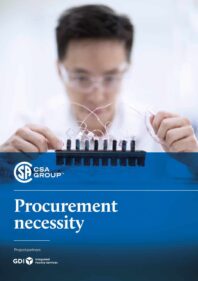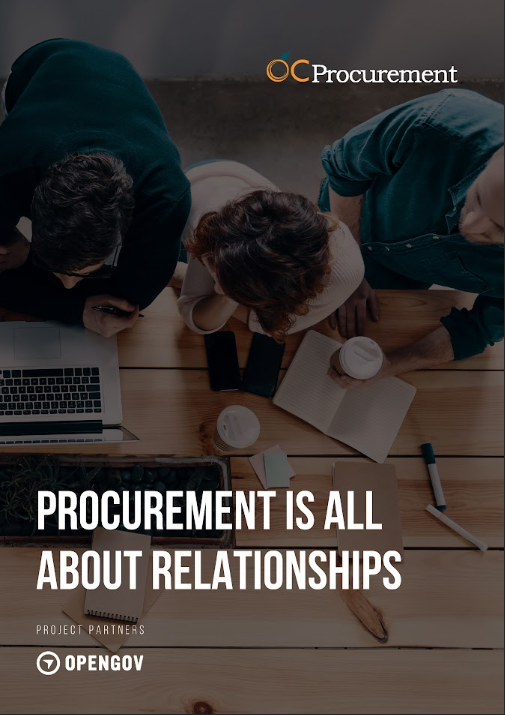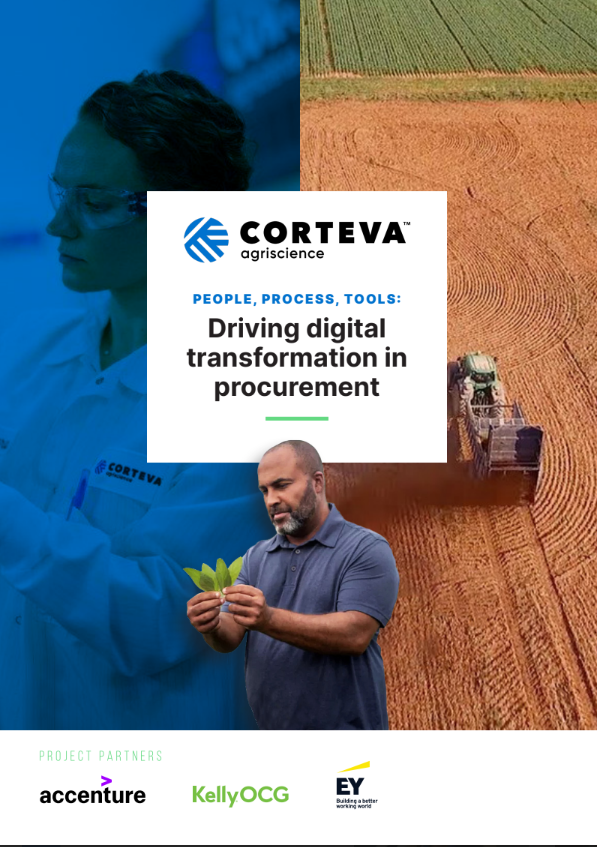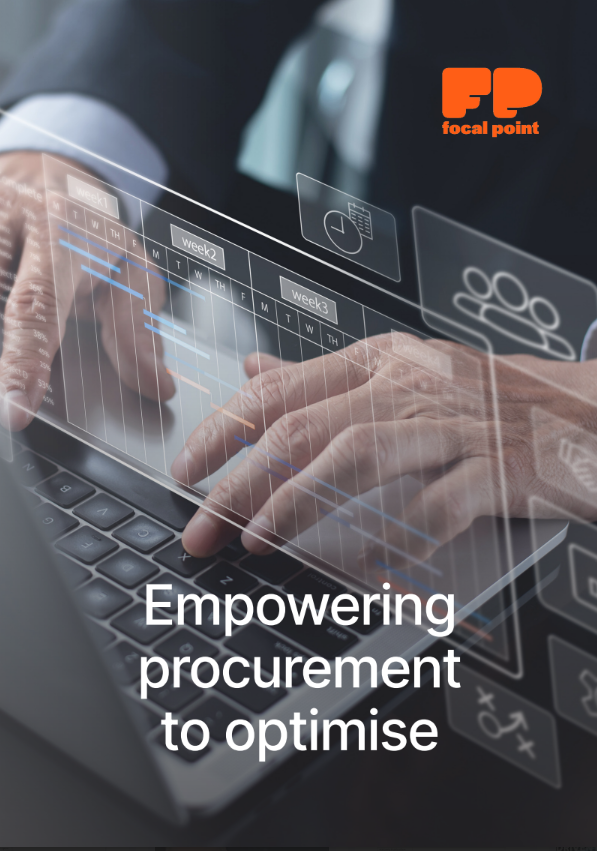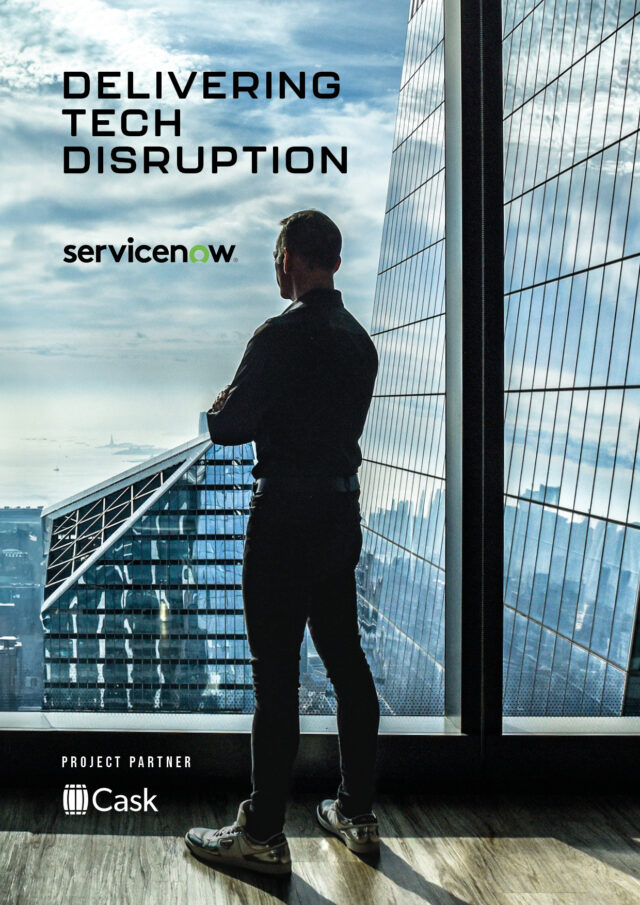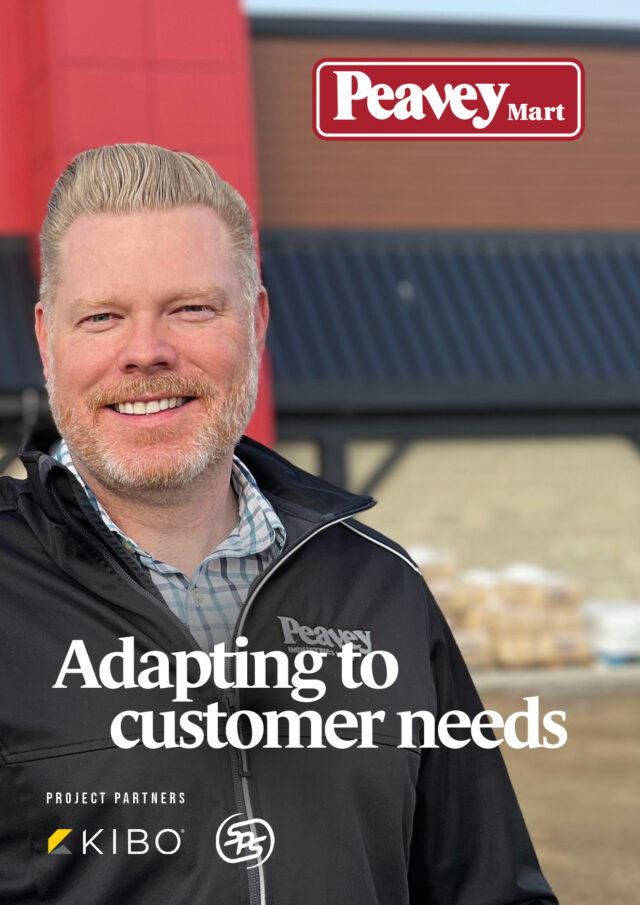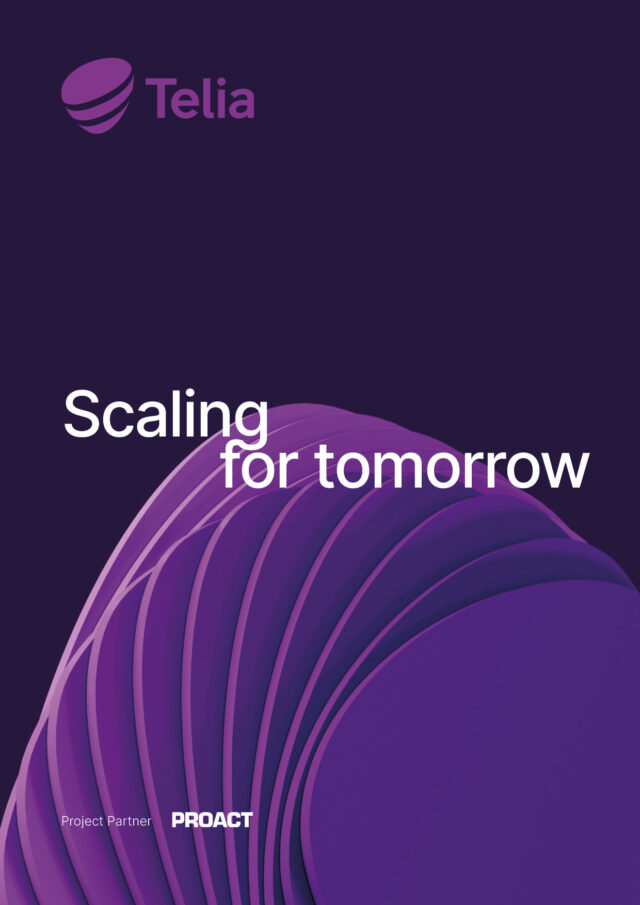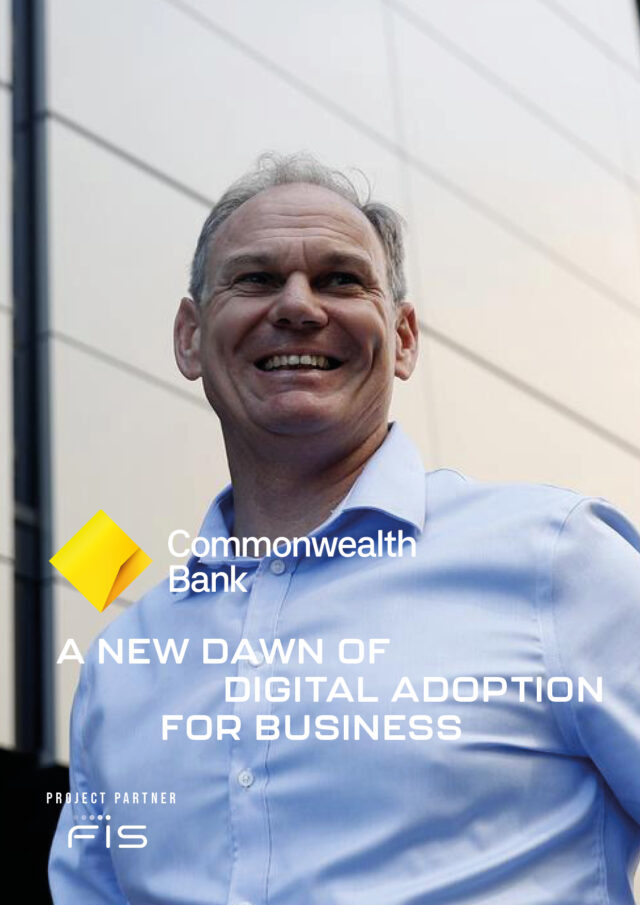“I had no idea, to be quite honest with you, what procurement was,” laughs Manny Satija, Senior Director, Integrated Supply Chain, CSA Group, as he recalls his career journey. “Obviously, by definition, I know that procurement means to buy, but that’s kind of where it started and stopped for me at the time.”
Procurement, for all the talk of transformation, strategic realignment and gaining “a seat at the table” remains a career and profession in which the complexity and the significance it has within an organization simply does not extend beyond those within the function. More often than not, we hear of people “falling into procurement” but for Satija, having moved into procurement with IBM in the early 00s, before taking on his current role with CSA Group, it does not matter what he thought then as what he thinks and indeed knows now is that he (and the function itself) needs to be essential to a business. “You always need to be essential, no matter what you do in your job,” he says. “You need to be essential to your customers, to your leadership and you need to be essential to your employees. The day you stop being essential to your company is the day you need to start thinking about how you can do things better to continue to become essential.”
This belief was something that drew him to CSA Group back in 2016, as the company was looking to embark on a significant procurement transformation to better leverage the strategic value within the whole procurement and supplier ecosystem. CSA Group needed a leader that had overseen the procurement operations of a major global company and possessed a transformational mindset through consulting services. With over a decade of experience working with IBM, Satija fit the bill and over the last three and a half years he has contributed to the implementation of a new ERP and CRM system to better support the technology transformation, as well as ensuring that this technology continues to enable greater automation, not only in the procurement and broader supply chain front, but across the organisation in various other forms of process transformation.
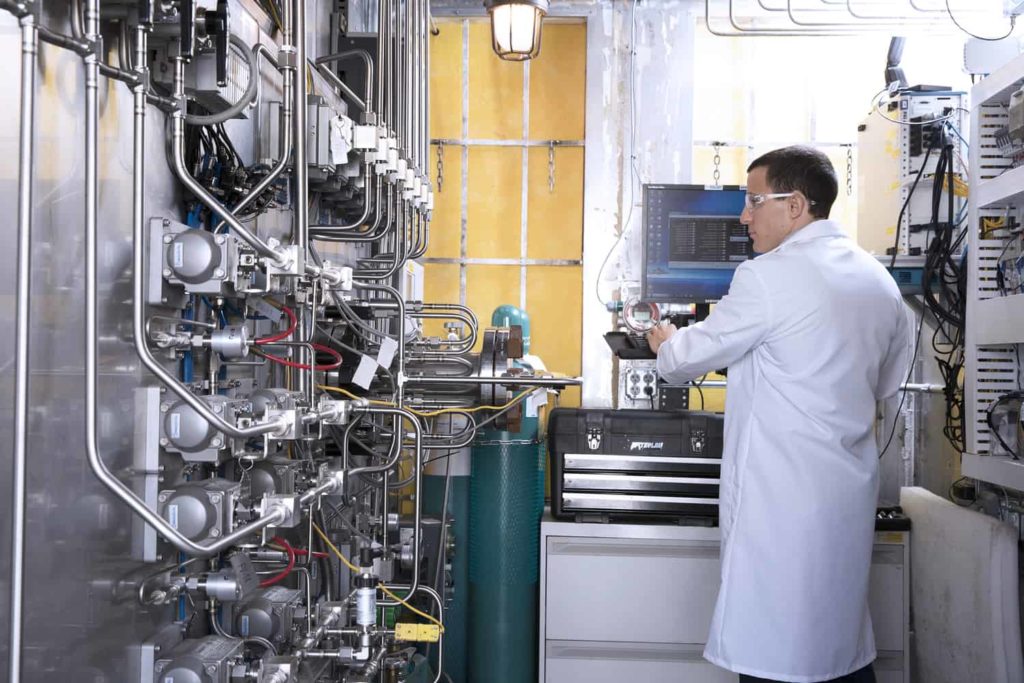
“My career, and in particular these last few years, has been about transformation,” he says. “It’s about having a mindset that believes no challenge is unachievable, if you put your mind to it and you’ve got the right support from the C-suite, or if you continue to focus on learning and developing yourself.”
So Satija was tasked with delivering and enacting real transformational change for procurement at CSA Group. Given the transformation of the broader procurement conversation the world over, Satija was all too aware that one of the bigger challenges that he and many others face is one of trying to look beyond simple cost savings. The core element of procurement is and always will be the bottom line and how to deliver cost savings for a business, but Satija and many procurement professionals just like him understand that cost savings are not the only deliverable to a business – they are just the start for procurement. “Make no mistake, one of the most critical imperatives for any organisation will always be cost savings and when numbers hit boardrooms, conversations accelerate fairly quickly,” he says.
“There is a complexity within procurement and an ability to deliver not just savings, but also to be recognised as the group that needs to be sitting at the table when conversations are being had about strategic investments. It’s critical because you’ll find a lot of C-suite strategists looking to make big investments in, for example, setting up a new corporate division in a certain part of the world and that’s going to involve investment in real estate and in technology.
“So, if you have thought leaders from procurement at the table who have experience in construction and technology purchasing, all of a sudden this can actually drive the shift from “a great idea” to a discussion and decision informed by knowledge and data provided by the procurement function.”
Thought leadership, as defined by Satija, comes through knowledge of the supply market and foundational knowledge of numbers. Most importantly for him, it’s about how these numbers impact business models, set the stage for extremely productive conversations and grab the attention of the C-suite.
Grabbing the attention of the C-suite is crucial for a transformation journey and when Satija joined he found himself needing to have buy-in from both David Weinstein, President and CEO and Farhan Imam, CFO. He credits the “extremely supportive” role they have played and continue to play in allowing him to enact real strategic change.To do this successfully however, it had to go beyond the CEO and the CFO. “It was about ensuring that I got full buy-in from the rest of the executives in the organization, so that I could have that straight conversation without having to wait to get everyone at the top involved,” he says.
“The reality is, even though the CEO and a CFO may have a certain view, if you’re not able to collaborate and partner with other C-suite members while delivering value, it’ll always raise the question: What need is there for a procurement leader outside of someone that’s going to negotiate deals for us? You can’t be essential to the organization if the organization can’t see any reason for you to be.”
A crucial part of Satija’s first year with the business saw him spending time with the business, building key relationships to better understand the pain points and what their needs were and how procurement could help. This is where Satija points to a sizzling steak analogy.
“You walk into a steakhouse and the servers come to your table with a steak that’s sizzling, and you’re extremely hungry and you’re excited to take a bite into that steak,” he says. “You’ve gone to a great restaurant and heard great reviews about the steak. You have a seat and there’s the sizzle. As soon as you take a bite into that steak, it’s chewy, and doesn’t taste right and in a heartbeat that destroys the reputation of that restaurant.”
Elaborating on how the sizzling steak represents procurement for CSA Group; “the sizzle comes from building those foundational relationships by explaining the great things procurement can do. But when the other members of the executive team then take a bite into that steak and they don’t see value coming out of those conversations, the relationship can go downhill pretty quickly. For me, it’s not just about having the sizzle. It’s about delivering on the promise of the sizzle and making sure that steak tastes just right.”
A fitting analogy, but how does that translate into tangible resources? How does one measure that sizzle and ultimately deliver on that promise? People and talent. Satija’s whole team needs to have that same mindset. For him, this means that he and his team are not just procurement people, they’re problem solvers who can work with the business and solve business problems. “Let’s see how we can work together to solve your business issue and see how my skills can help deliver that,” he says. “That mindset has gone a long way within our organization to establish the respect from our CEO and CFO from the onset and to continue to get that admiration and respect from other leaders in the business.”
At a broad level, this procurement journey has been one of ensuring that “every dollar that’s committed to a supplier runs through the procurement organization.” Satija has overseen a move from a fully decentralized function to a centralised one, with multiple work streams in the area of people process and technology.
Through the implementation of a new CRM and ERP system, procurement is now blessed with key data that can better inform decision making and indeed enable greater business collaboration. Satija is keen to look at how CSA Group can further leverage technology and data to streamline processes and enable seamless control from a governance perspective. What’s important for him though is to remember that a shared understanding of what technology and data analytics could and should mean for the business is crucial.
“Every company has to think about what digital transformation means to them based on conversations that they have, certainly for us as procurement leaders, with their chief technology officer,” he says. “Having a base level alignment with the chief technology officer is critical to understand what the roadmap for the company is, and then fitting procurement into that roadmap is the secondary discussion.
“Where procurement comes in is how the adoption of the procurement side will enable the mission of the organization. With AI and analytics, we have plenty of data in the systems, so it’s about ensuring that the value we deliver through analytics supports the objective or the mission of the organization. You’ve always got to start by asking what the mission of the organization is? Then, after technology serves those base level initiatives, how can the procurement investment further support that?”
Procurement is a results-driven game. Throw digital transformation into the mix and the investments in technology and analytics and results become more important than ever before. Technology is a costly investment and so getting it right and being able to back that investment with results is everything. Analytics is about using rich data to get insights out and drive changes in a category, strategy or a category plan. Satija points to how he and his team are able to use analytics overlaid over existing data sets to come up with insights that have helped procurement drive decisions that will deliver to the bottom line. This, he feels, means that they can start rethinking why spend patterns exist in a certain way. “We’ve been able to look at disparate data sets, through multiple platforms of technology and really bring them together,” he says. “Now, what we have is a truly crystal-clear view of what’s happening in the business.”
When discussing transformational change, one rightfully focuses on championing the successes and the lasting meaningful change. For many, Satija included, it’s more impactful to actually hold your hands up from time to time and admit where things may not have gone to plan. For him, there’s more to learn in those mistakes and in actual fact, the real meaningful change is often born in these moments. “I think recognizing there’s a problem and accepting that is step one,” he says. “Moving beyond that to understand why that’s a problem and how you can quickly course correct is the right approach.”
“It goes back to being essential in everything you do every day in terms of what matters to the company and what matters to your job. It should always be part of your discipline, your way of thinking. If you recognize something’s not working, it’s better to be transparent about that with the stakeholders and having a very agile mindset and way of thinking coupled with the ability to course correct when you’re finding things aren’t working. This will help not only the procurement group but the organization as a whole.”
Transparency, honesty and possessing an agile mindset to problem solve have always been key traits in procurement, but now more than ever before, these are crucial. In early 2020, the world was gripped by the COVID-19 pandemic, causing severe disruption to both businesses and human life. Where there is adversity there is opportunity, and Satija firmly believes that the pandemic has presented a huge opportunity for many organizations to look at the resilience and flexibility of their procurement functions. After years of talking, procurement must now walk it. “COVID obviously took the world through unchartered territory,” he says. “I think many companies are still navigating, but therein lies the ability to showcase to an organization that you can be flexible and agile and change your course to support what the organization needs and what matters most to move forward.”
Moving forward meant focusing on two key areas; realigning objectives to focus on cash management and focusing on operational continuity. To do this, Satija had to look closely at financial safety and conserving cash because nobody knows what the impact will be in one month, six months or two years from now. But what companies do know is that cash conservation and having a strong balance sheet is going to help in uncertain times. This of course, changed the conversations that Satija was having around procurement.
“One thing we did was shift gears and put all attention on things such as medical grade PPE sourcing,” he says. “CSA Group was considered to be an essential business. So, we looked at how we could support the world as a whole, when there are struggles to source PP&E, what are the areas that we can do to actually help and provide social good?”
Through this, CSA Group launched a key initiative on medical grade, PPE testing, inspection and certification, with procurement looking to help the business get the right suppliers and processes in place so that it can be the recognized partner for a medical grade testing and certification program. “Going back to what I said about operational continuity, it’s important to note that we had no idea that we’d be supporting this, but if you take your group and become flexible, nimble, agile, and you support two main areas at a time like this – for us that meant, financial safety and operational continuity – you can then rethink what you are doing as a procurement group and readjust your priorities to get through the storm.”
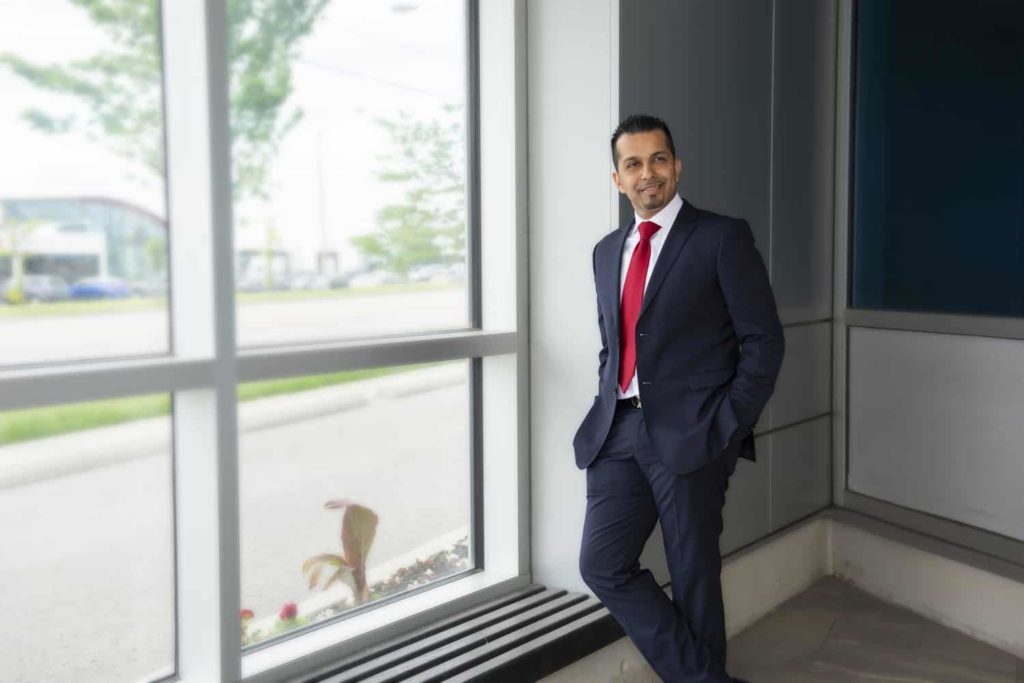
Despite the shifting of gears, the road ahead for CSA Group remains one of opportunity and looking further at how procurement can continue to support the organization to harness the data that’s embedded through the technology implementations to obtain further insights and make meaningful decisions to support the growth of the company. For Satija, it’s about continuing to be essential to the business. One could argue that he has demonstrated that as a function, but he reflects on a key bit of advice he heard once upon a time.
“Being comfortable will never drive growth,” he says. “The former IBM CEO always used to say that comfort and change do not coexist. What that means is, if you want to grow, you’ve got to be able to think about how you can drive change. Change that matters to your company, change that matters to the ecosystem that you’re in and change that matters to the world. Keep on driving change and innovation and not just for the sake of driving it. Drive change and innovation that will support growth for the company that you work for and the world that you live in.”
